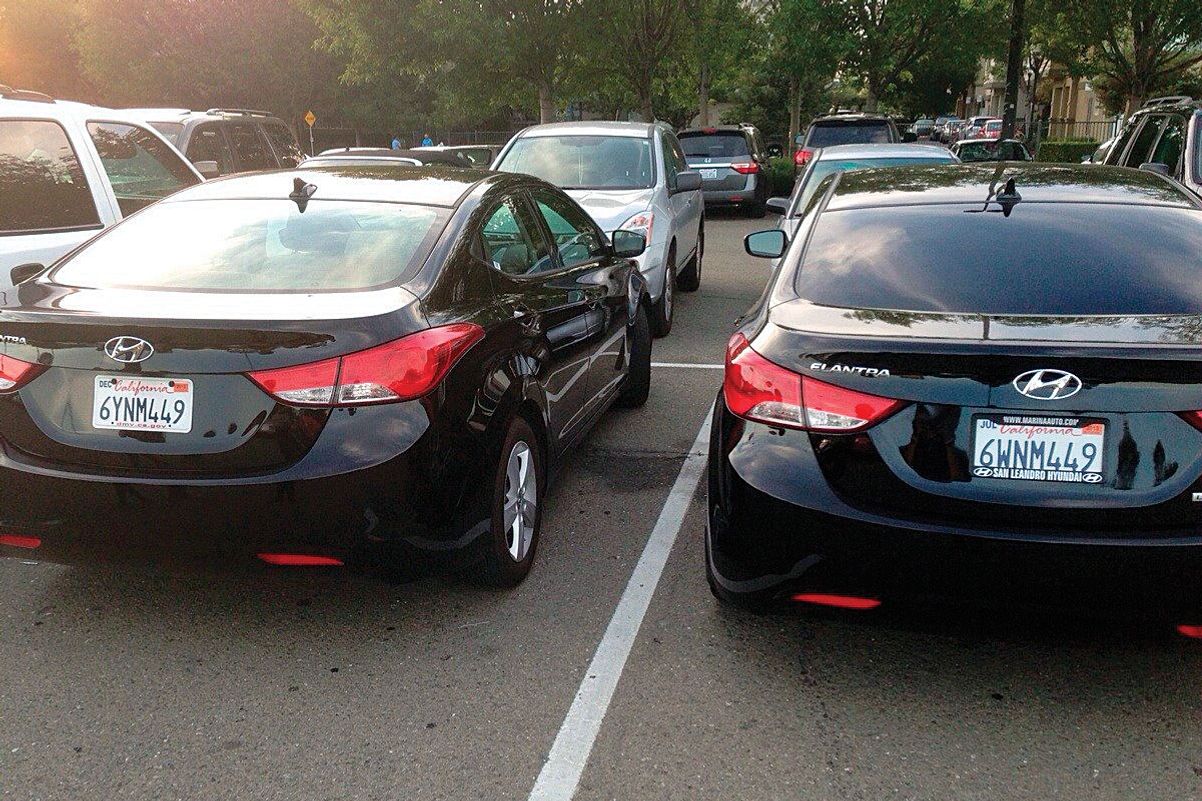

In 2012, inspired by Professor Bostrom’s work, physicists at the University of Washington proposed an empirical experiment of the simulation hypothesis.

In recent years, scientists have become interested in testing the theory. The technology entrepreneur Elon Musk has said that the odds that we are not simulated are “one in billions.” Professor Smoot estimates that the ratio of simulated to real people might be as high as 10¹² to 1. The theory that we are living in a computer simulation may sound bizarre, but it has found adherents. As the physicist (and Nobel laureate) George Smoot has explained, “If you are an anthropologist/historian and want to understand the rise and fall of civilizations, then you will need to make very many simulations involving millions to billions of people.” Our world would be just one simulation of many, perhaps part of a research project created to study the history of civilization.

If most people are simulations, Professor Bostrom concluded, the odds are good that we ourselves are simulations. His reasoning? If people eventually develop simulation technology - no matter how long that takes - and if they’re interested in creating simulations of their ancestors, then simulated people with experiences just like ours will vastly outnumber unsimulated people. He argued that if you believe that our civilization will one day run many sophisticated simulations concerning its ancestors, then you should believe that we’re probably in an ancestor simulation right now. In 2003, the philosopher Nick Bostrom made an ingenious argument that we might be living in a computer simulation created by a more advanced civilization. Since the 1990s, researchers in the social and natural sciences have used computer simulations to try to answer questions about our world: What causes war? Which political systems are the most stable? How will climate change affect global migration? The quality of these simulations is variable, since they are limited by how well modern computers can mimic the vast complexity of our world - which is to say, not very well.īut what if computers one day were to become so powerful, and these simulations so sophisticated, that each simulated “person” in the computer code were as complicated an individual as you or me, to such a degree that these people believed they were actually alive? And what if this has already happened?


 0 kommentar(er)
0 kommentar(er)
